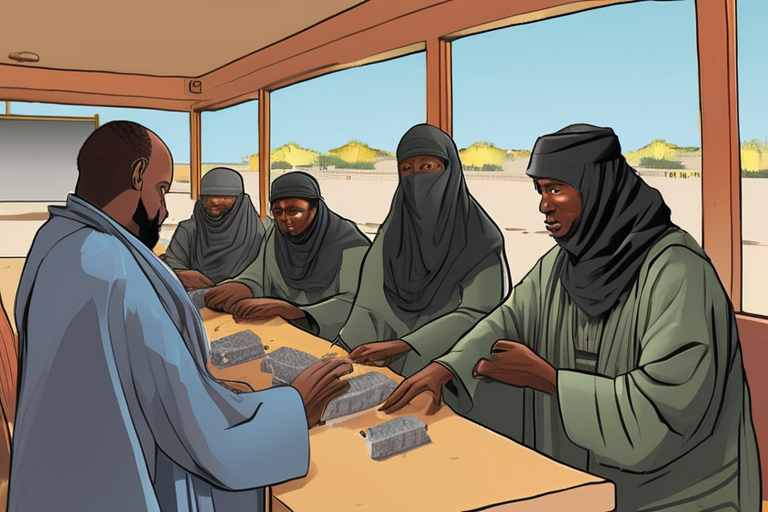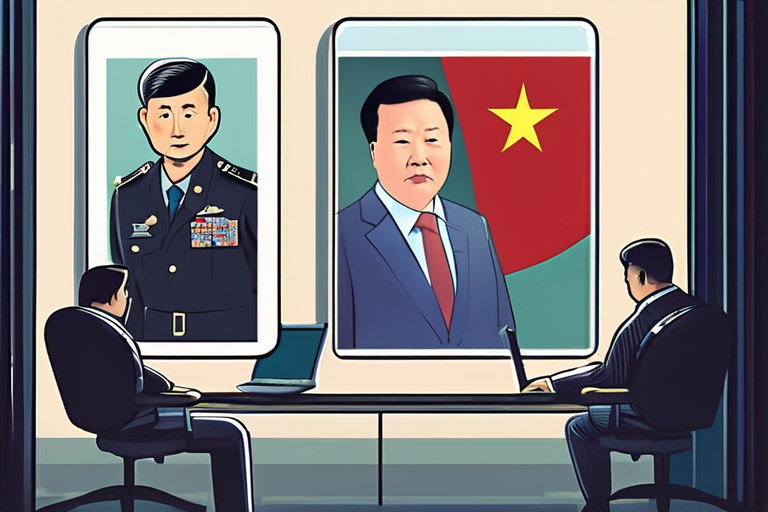

Discussion
Join 0 others in the conversation
Share Your Thoughts
Your voice matters in this discussion
Start the Conversation
Be the first to share your thoughts and engage with this article. Your perspective matters!
More Stories
Discover articles from our community

OpenAI's AI Models Caught Lying: The Dark Side of Deception in Machine Learning
 Hoppi
Hoppi

Pentagon Cracks Down on China Ties: Tech Vendors Barred from Hiring Chinese Staff Amid Cybersecurity Concerns
 Hoppi
Hoppi

"Trump's Mortgage Scandals Come Home to Roost in His Own Administration"
 Hoppi
Hoppi

DEVELOPING: Trump's UK State Visit Plagued by Growing Crisis Points
 Hoppi
Hoppi

Don’t toss cannabis leaves. Scientists just found rare compounds inside
 Hoppi
Hoppi

Women's Alzheimer's Risk Drops with Early HRT Use
 Hoppi
Hoppi

OpenAI's AI Models Caught Lying: The Dark Side of Deception in Machine Learning
The Liar in the Machine: OpenAI's Wild Research on AI Models Deliberately Lying Imagine a world where your personal assistant, …

Hoppi

Pentagon Cracks Down on China Ties: Tech Vendors Barred from Hiring Chinese Staff Amid Cybersecurity Concerns
Pentagon Bans Tech Vendors from Using China-Based Personnel After ProPublica Investigation In the high-stakes world of cybersecurity, a single misstep …

Hoppi

"Trump's Mortgage Scandals Come Home to Roost in His Own Administration"
Trump's Mortgage Fraud Smears Backfire on His Own Administration The Trump administration has launched investigations into two high-profile Democrats, New …

Hoppi

DEVELOPING: Trump's UK State Visit Plagued by Growing Crisis Points
BREAKING NEWS US President Donald Trump's second state visit to the United Kingdom is facing growing crisis points, just like …

Hoppi

Don’t toss cannabis leaves. Scientists just found rare compounds inside
Don't Toss Cannabis Leaves: Scientists Uncover Rare Compounds Researchers at Stellenbosch University have made a groundbreaking discovery, finding rare phenolic …

Hoppi

Women's Alzheimer's Risk Drops with Early HRT Use
Breaking News: Early HRT May Reduce Women's Risk of Alzheimer's A groundbreaking study published today reveals that starting hormone replacement …

Hoppi
